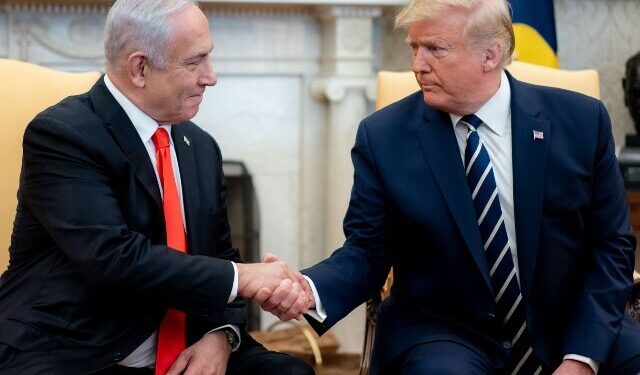Jerusalem, March 2, 2025 – Israel has accepted a new ceasefire proposal put forth by the Trump administration, which aims to secure the release of all 63 remaining hostages over the course of Ramadan. The agreement, delivered by U.S. envoy Steve Witkoff, is intended to lead to a permanent ceasefire.
According to the plan, half of the living and deceased hostages would be released on the first day of the ceasefire, with the rest freed at its conclusion—provided that a permanent ceasefire agreement is reached. Israeli Prime Minister Benjamin Netanyahu’s office confirmed Israel’s approval, emphasizing that the country is committed to bringing its hostages home.
Witkoff’s framework extends the previous ceasefire, which lasted 42 days and resulted in the release of 33 hostages, 18 of whom were alive. The extension aims to allow further negotiations to establish long-term peace.
While Israel has agreed to the deal, Hamas has yet to provide an official response. The statement from Netanyahu’s office accuses Hamas of repeatedly violating past agreements and insists that Israel has remained in full compliance. The agreement allows Israel to resume military operations if negotiations fail.
The Times of Israel noted that while the official statement does not explicitly threaten a return to war, it reminds both the public and Hamas that Israel is authorized to resume fighting if negotiations are deemed ineffective. As of March 1, Israeli forces had not yet withdrawn from the Philadelphi Corridor, despite the deal requiring them to begin the process on day 42.
Meanwhile, Hamas has been releasing videos of the remaining hostages, which Israeli officials view as propaganda intended to pressure the government into further concessions. Of the 63 hostages still in captivity, 24 are believed to be alive.
The Trump administration, which played a key role in brokering the proposal, has emphasized that this may be Hamas’s final opportunity to avoid renewed conflict. With the ball now in Hamas’s court, the region awaits its next move.




















